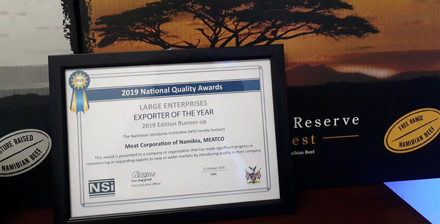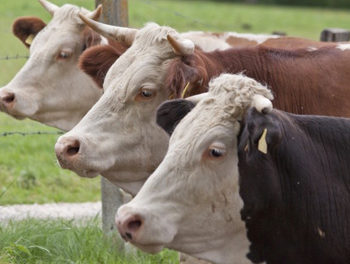
Agriculture Ministry delegation immerses in Malawi’s agricultural best practices

In a collaborative effort spearheaded by the Food and Agriculture Organization of the United Nations (FAO), a delegation of 31 agricultural extension personnel and management from the Ministry of Agriculture, Water and Land Reform (MAWLR) embarked on a study excursion in Malawi from 27 January to 4 February.
The mission, driven by the desire to glean insights and adopt best agricultural practices, aimed at empowering Namibian farmers through advanced extension services and innovative farming techniques.
This initiative mirrors the ongoing partnership between FAO and MAWLR within the framework of the project titled “Emergency response to mitigate multiple shocks and enhance resilient livelihoods in Namibia,” generously funded by the Japanese government.
Drawing from various FAO-led interventions such as the Caisse de Resilience (CdR) concept, Farmer Field School (FFS), and Conservation Agriculture (CA), the delegation was keen to bolster their expertise in sustainable agricultural methods.
Gift Kamupingene, FAO National Project Coordinator, emphasized the significance of this collaborative endeavor, stating, “This exchange underscores FAO’s commitment to cultivating capacity for sustainable agriculture. The shared knowledge promises to significantly boost agricultural productivity in Namibia while fostering resilience and innovation.”
During their visit to Malawi, the delegation engaged with local counterparts and farming communities, immersing themselves in critical areas such as Farmer Field School sites in rural communities like Mangochi. They also visited areas where Malawi’s Sustainable High-Value Enterprise Project was implemented, establishing crucial linkages for similar programs in Namibia.
Moreover, the mission facilitated a fruitful exchange of ideas during a session with Malawi’s Agricultural Extension staff, where discussions ranged from exploring digital solutions like the Monitoring, Evaluation, and Learning (MEL) platform to practical techniques in crop yield estimation and food security assessments.
Ben Haraseb, Director of MAWLR’s Directorate of Agricultural Production, Extension, and Engineering Services (DAPEES), expressed his enthusiasm about the excursion, highlighting its potential to enhance agricultural practices in Namibia, particularly among rural farmers. “The insights gained from Malawi will undoubtedly bolster our services to farmers and strengthen our agricultural development centers across the country,” Haraseb remarked.
Fabian Booys, an MAWLR Agricultural Technician, echoed similar sentiments, particularly lauding the success of Farmer Field Schools in Malawi and their potential impact in addressing challenges faced by small-scale farmers in Namibia.
The choice of Malawi for this mission was strategic, leveraging its status as a pilot country alongside Namibia for the FAO/NASA project on satellite-based crop yield estimation. This deliberate selection aimed to facilitate knowledge exchange and enhance the utilization of mobile-based applications for agricultural purposes.
Furthermore, the excursion aligned seamlessly with MAWLR’s Comprehensive Conservation Agriculture Program (CCAP) II, emphasizing the importance of sustainable agricultural practices in both countries.
This study excursion follows a comprehensive three-week Farmer Field School Training of Trainers organized by FAO and MAWLR, further underlining their commitment to equipping agricultural extension staff with the necessary skills for grassroots development.











































